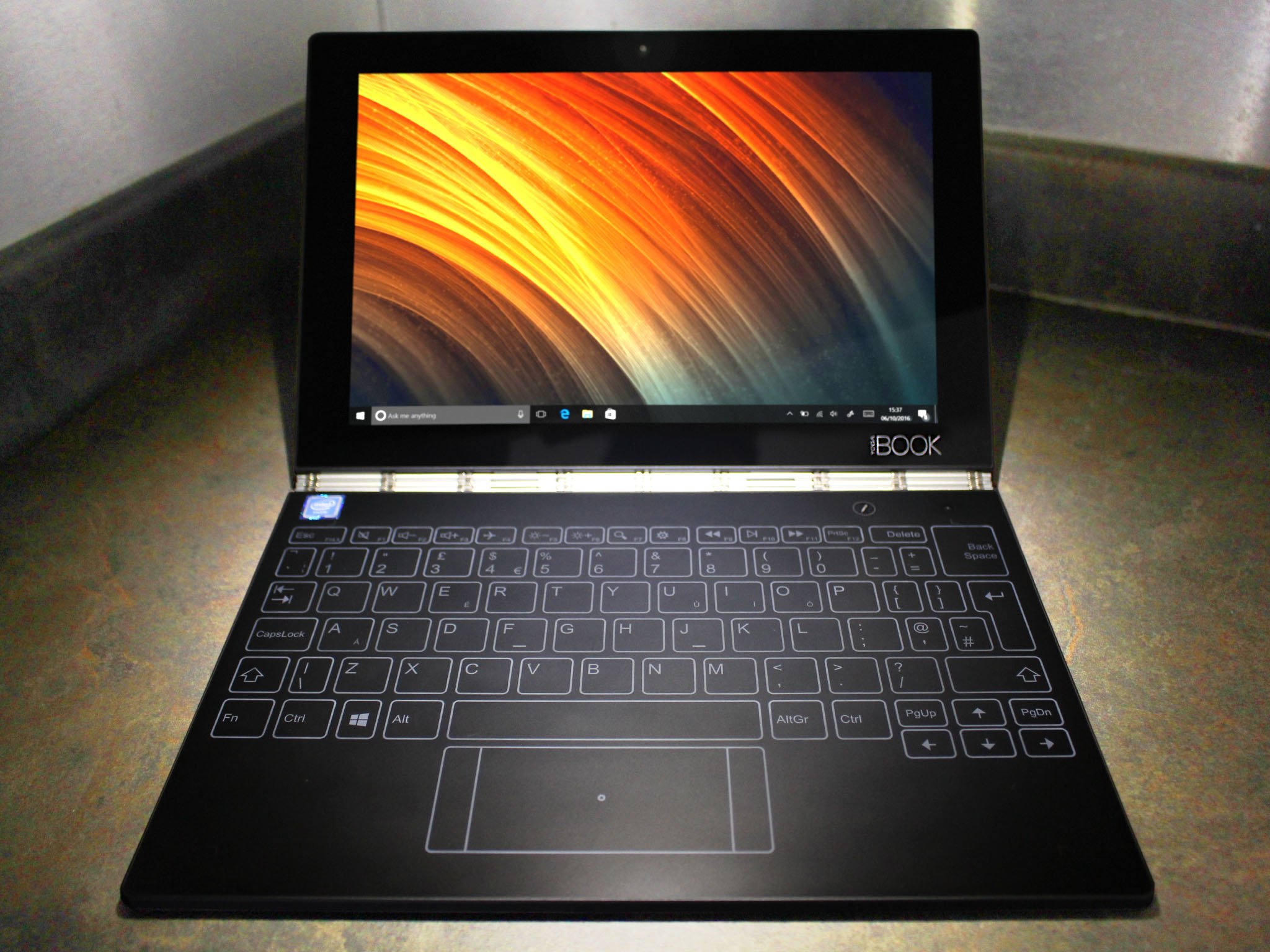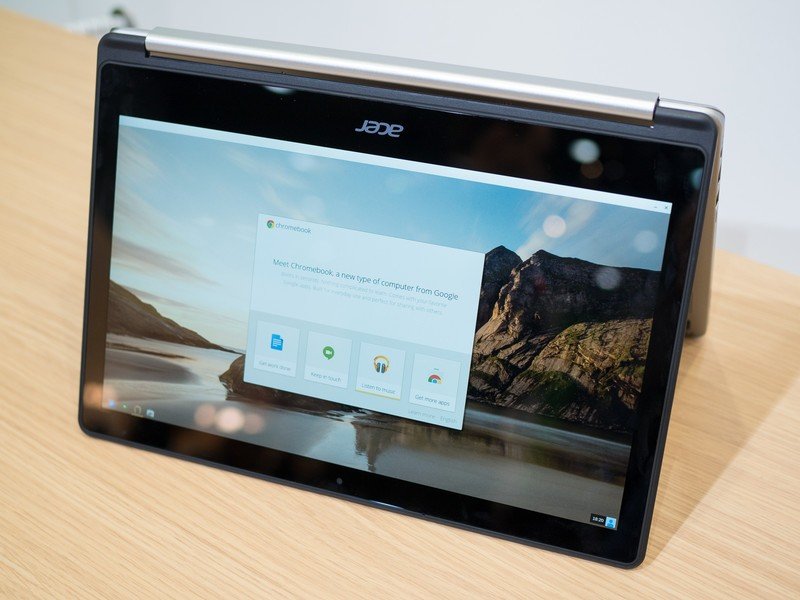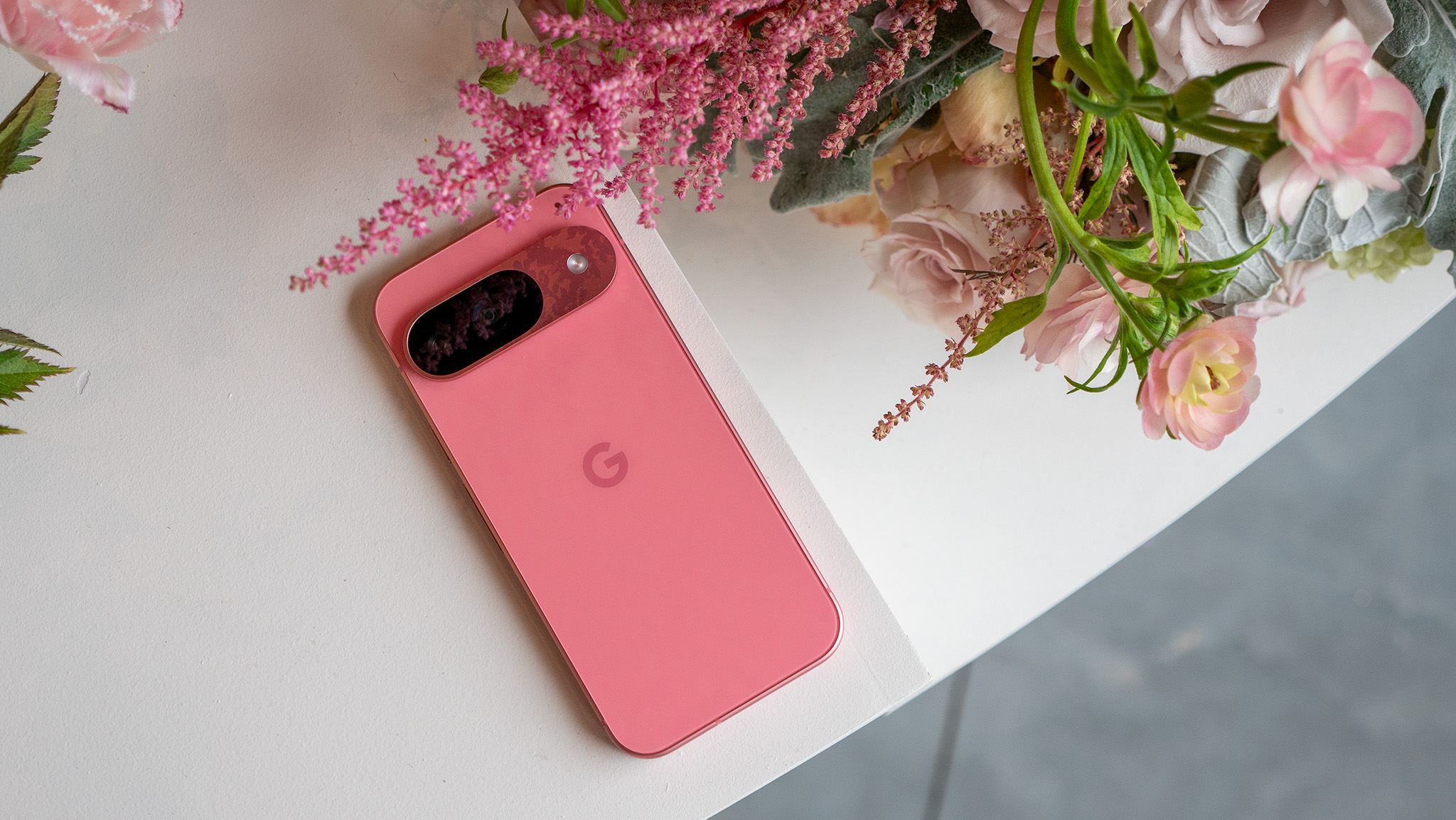With Windows 10 on ARM, Microsoft is coming for the Chromebook — and might win

Microsoft is coming for your Chromebooks. No, they're not going to confiscate them like the TSA steals your water bottles, but more so in the competitive sense.
This week, Microsoft announced that it is launching an ARM-friendly version of Windows 10 in collaboration with Qualcomm's upcoming Snapdragon 835 SoC, which comes out next year. While most Android fans will know Qualcomm's work from such phones as nearly every product on the market, Snapdragon is increasingly capable, especially at the high-end, of powering tablets, 2-in-1s and traditional laptops.
While Microsoft launched an ARM-based version of Windows in 2012, called Windows RT, it failed because there was no interoperability with traditional x86 apps, and the software, which was based on Windows 8.1, was deprecated with the Surface 2's end of production in early 2015. Now, with Windows 10 on ARM facilitated by a very powerful-yet-thermally-efficient system-on-a-chip (SoC), the Snapdragon 835, a new opportunity for backwards compatibility has emerged: emulation.
From our friend Daniel Rubino at Windows Central:
Windows 10 on ARM will also run traditional x86 Win32 apps and games through emulation.Users will be able to install any x86 Win32 app – unmodified – from any source, no repackaging as UWP or delivery via the Windows Store required. The apps are not sandboxed and they will have full access to the OS. Apple made a similar emulation feature when the Mac line switched from PowerPC to Intel processors, but Microsoft's move to support ARM is a magnitude more impressive.
How is it more impressive? Because despite the overhead involved with emulating applications and their inputs from the keyboard, mouse, camera, and other peripherals, Microsoft is confident that users won't even notice a difference. The company demoed a version of Photoshop running in emulation on a test version of the Windows 10 on ARM platform and it was fast. It even plays games.
But there is a business angle here: Microsoft wants Windows 10 to run on everything, from high-end Intel desktops to virtual reality headsets to HoloLens to phones — all of which are already available — to inexpensive 2-in-1s and laptops that run cool and last long, a market that ARM-based Chromebooks currently have on lock.
Zac Bowden, again at Windows Central, sums it up nicely:
Get the latest news from Android Central, your trusted companion in the world of Android
More and more schools and businesses are opting for Chromebooks over Windows 10 laptops, mainly because of price, but also because Chromebooks do what they need them to do, durably, and at a low cost.
There are many reasons Microsoft would want to compete with Chromebooks, but the strategy at its core is about offering reliable, low-cost, low-power alternatives to Intel-based computers, especially as the Portland-based company has struggled not only to compete in the mobile space but to offer a cost-effective replacement to its now-cancelled Atom line of processors.

Windows 10 itself is a stable, attractive and feature-filled operating system and that bodes well for the future of mobile computing.
There's also the promise of cellular connectivity: Qualcomm's Snapdragon 835, being tailor-made for phones, comes with inherent cellular capabilities, and while Microsoft has shied away from releasing new smartphones — and may hold out indefinitely as it cedes the market to Apple and Google — there are plenty of reasons it has maintained its Windows 10 Mobile development, and much of it has to do with the promise of ubiquitous connectivity as the developed world moves headfirst towards 5G.
Laptops and tablets running a Qualcomm Snapdragon processor won't be as costly to make and sell compared to devices rocking Intel Atom or Intel Core M chips. It's a huge deal for Microsoft to be able to bring Windows 10 to Snapdragon devices, as it means manufacturers can begin building devices that cost nothing to make and sell.A low-end device running a Snapdragon processor with a cheap 1366x768 screen, basic keyboard, and passable trackpad, running full Windows 10 with support for all of the Windows app library, all for the same price as a Chromebook — the choice between the two is all but a given for schools and businesses. Do you want a glorified web browser, or do you want a real and fully-capable computer?
Zac takes some liberties with Chromebooks' capabilities — the platform expanded to be well more than a "glorified web browser" years ago, and with Android app support has catapulted to a full Windows 10 competitor in many ways, but the idea is sound. Microsoft has decided, with its Surface line, to compete in the high-end, and it wants its manufacturing partners like Asus, Acer, Dell, Lenovo, HP and others to be able to make as many lower-cost products as possible, in varied forms and with multitudinous specifications.
ChromeOS is a glorified web browser as Windows is a glorified DOS shell
This is what enabled Windows to proliferate in the 90s and 2000s, and will continue to give Microsoft cache in the mobile space even as it moves away from smartphones themselves.
Microsoft has done a great job overcoming the biggest limitation, namely apps, of Windows 10 on ARM, and considering we're at a point where Windows 10 itself is a stable, attractive and feature-filled operating system it bodes well for the future of mobile computing. At the same time, Android apps on Chromebooks will launch for most existing customers before Microsoft's mobile gambit, so the impact, at least at first, may be tempered.
The path to a Surface phone is clearer than ever with Windows 10 on ARM

Daniel Bader was a former Android Central Editor-in-Chief and Executive Editor for iMore and Windows Central.
